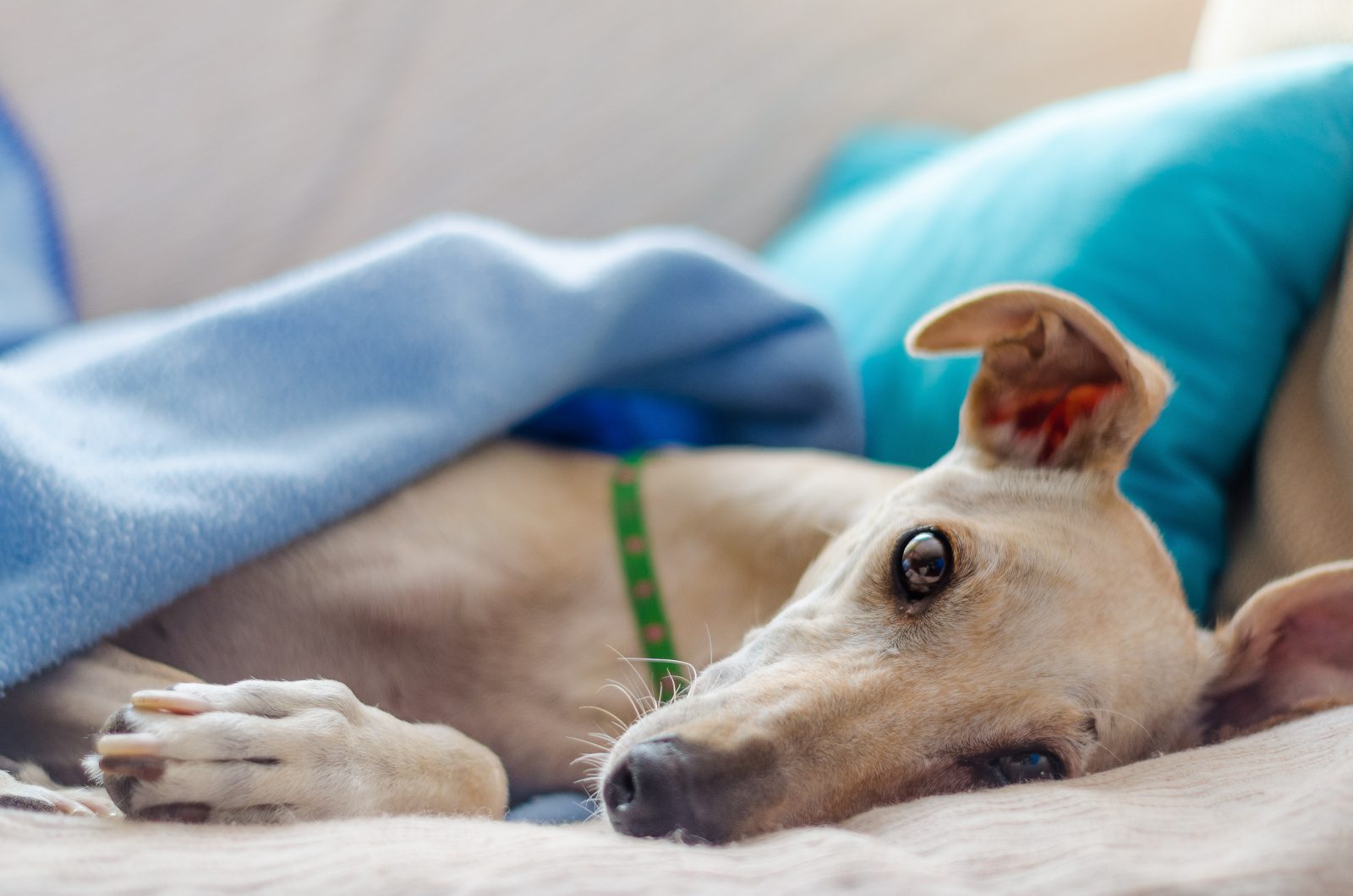
As a responsible dog owner, it’s essential to be prepared for all stages of your pet’s life, including its first heat cycle. Female dogs typically experience their first period between 6-12 months of age, and it’s essential to understand how to care for your dog during this time. The process can be confusing for many pet owners who are not familiar with the changes that occur, such as discharge and behavioral shifts.
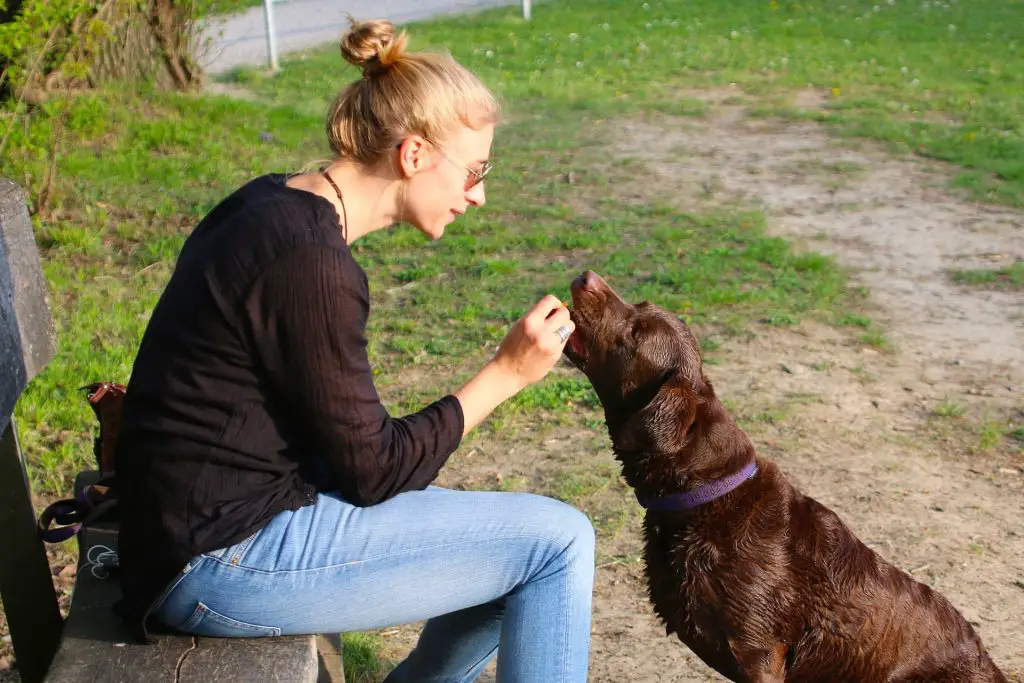
This article will provide guidance on what to do when your dog gets her period for the first time, including tips on monitoring her behavior, keeping her clean, preventing unwanted pregnancies, and maintaining her normal routine. With the right knowledge and preparation, you can ensure that your dog stays healthy and happy throughout this process.
Contents
Guidance on What to Do when your Dog gets her Period for the First time
When your dog gets her period for the first time, it can be an overwhelming experience for both you and your pet. However, with proper guidance and care, you can help your furry friend get through this period with ease. Here are some tips on what to do when your dog gets her period for the first time:
- Monitor her behavior – During her first period, your dog’s behavior may change. She may become more restless, vocal, or even aggressive. It’s important to keep an eye on her behavior and make sure that she’s comfortable.
- Keep her clean – Your dog will experience a discharge during her heat cycle, which can be messy and attract other male dogs. You can keep her clean by wiping her with a damp cloth several times a day. You can also use doggy diapers to help contain the discharge.
- Prevent unwanted pregnancies – If you don’t want your dog to become pregnant, keep her away from male dogs. Make sure to supervise her closely when you take her outside. You can also consider getting her spayed, which will prevent her from going into heat and eliminate the risk of unwanted pregnancies.
- Maintain her routine – It’s essential to keep your dog’s routine as normal as possible during her heat cycle. Continue to feed her the same food, take her for walks, and play with her. However, you may need to limit her outdoor activities to avoid attracting male dogs.
- Seek veterinary care – If your dog experiences any unusual symptoms during her heat cycle, such as excessive bleeding or lethargy, seek veterinary care immediately. Your vet can provide guidance on how to care for your dog during this time.
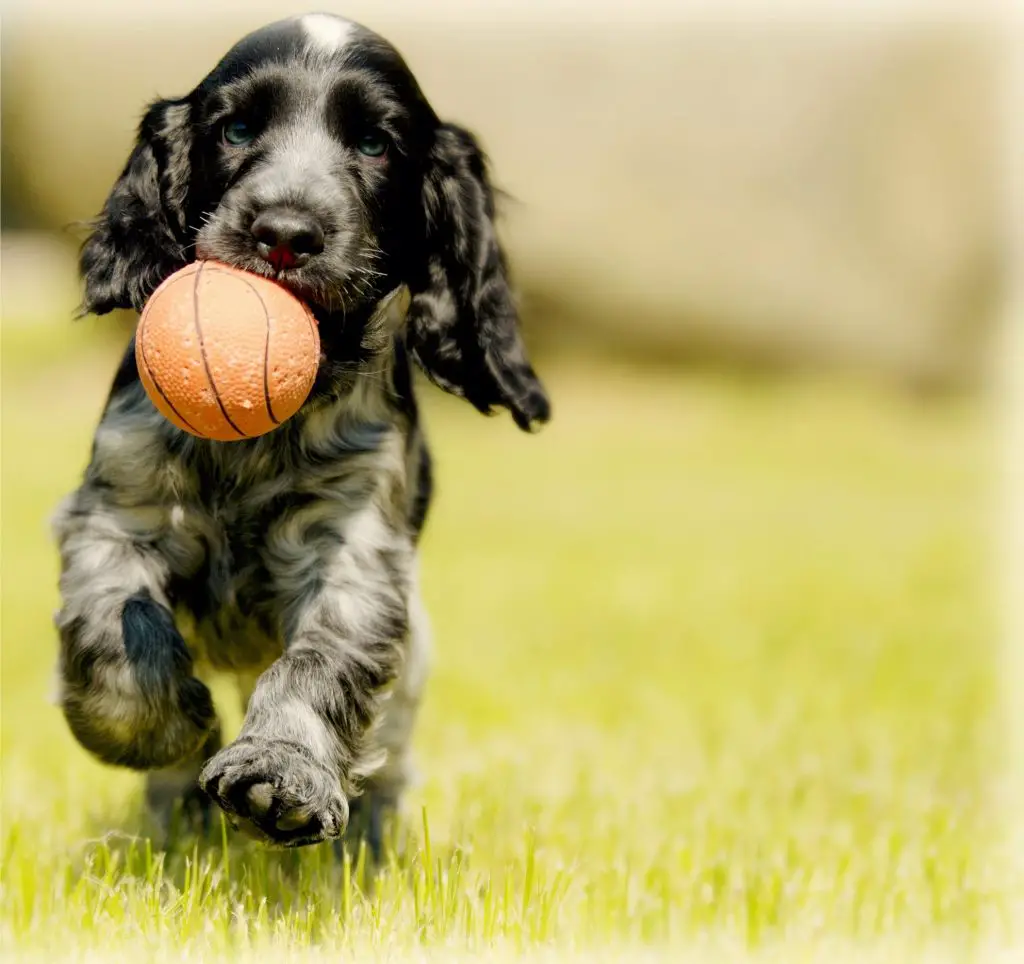
Tips on Monitoring her Behavior and Keeping her Clean
Monitoring her behavior:
- Keep a close eye on your dog’s behavior during this time. Look for signs of discomfort, such as excessive whining, pacing, or licking her genital area.
- If your dog seems agitated or restless, try to provide her with a quiet and comfortable space to rest.
- Consider distracting your dog with interactive toys or puzzles to help keep her mind occupied.
- If you have a male dog at home, separate them during this time to avoid unwanted mating.
Keeping her clean:
- Use a damp cloth or dog-friendly wipes to clean your dog’s genital area several times a day. Avoid using harsh soaps or shampoos, as they can irritate your dog’s skin.
- If your dog is receptive to wearing them, doggy diapers can be a helpful option for containing the discharge.
- Use a clean and comfortable dog bed or crate to help keep your dog clean and comfortable.
- Avoid bathing your dog during her heat cycle, as it can disrupt her hormonal balance and increase the risk of infection.
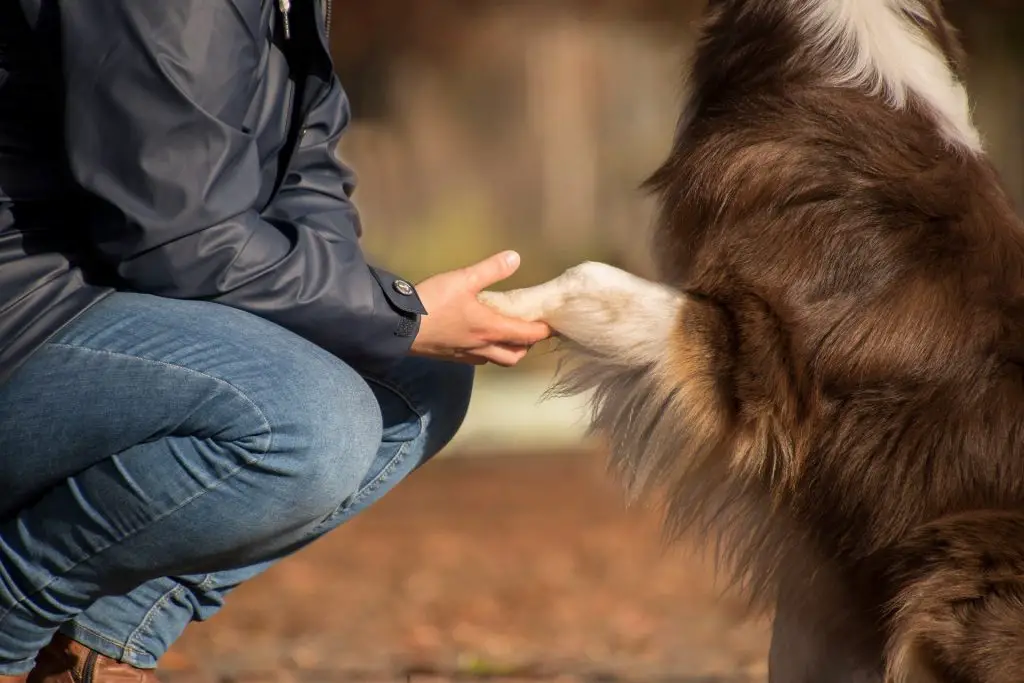
So, What Do you do when your Dog Gets her Period at the First Time
In conclusion, caring for a dog during her first period can be a challenging experience, but with proper care and attention, you can help your furry friend stay healthy and comfortable. It’s important to monitor your dog’s behavior, keep her clean, prevent unwanted pregnancies, maintain her routine, and seek veterinary care if necessary. By following these tips and staying patient and loving with your pet, you can help her get through this time with ease. Remember to consult with your veterinarian for any concerns or questions you may have, as they can provide expert advice and guidance.
Ever wondered whether it is good to give your cat egg yolks every day? Read it here.


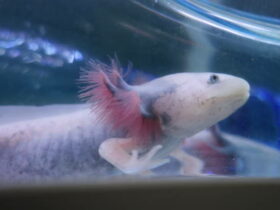
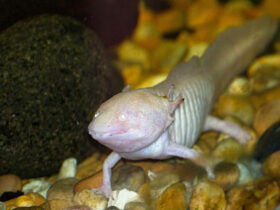


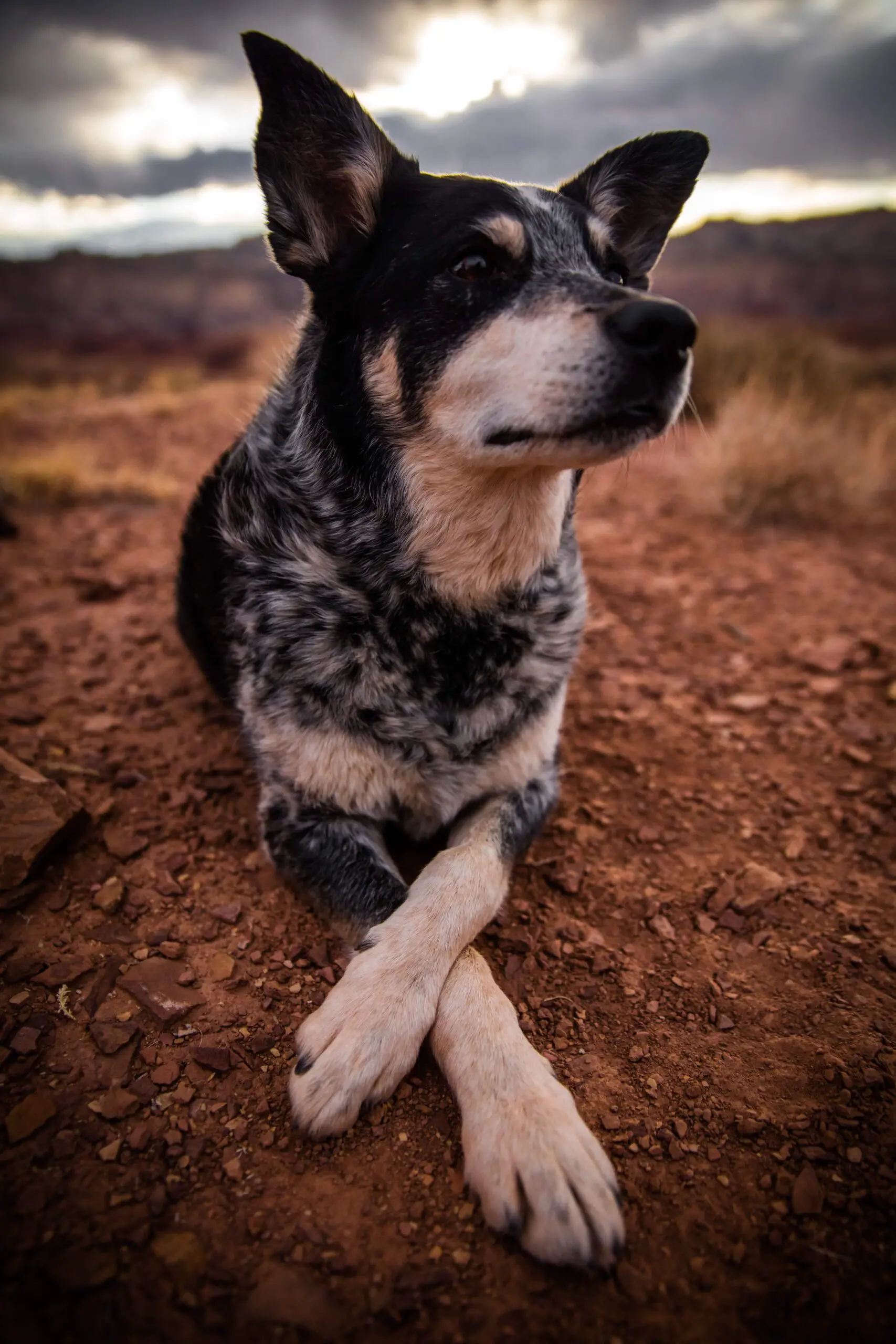

Leave a Reply